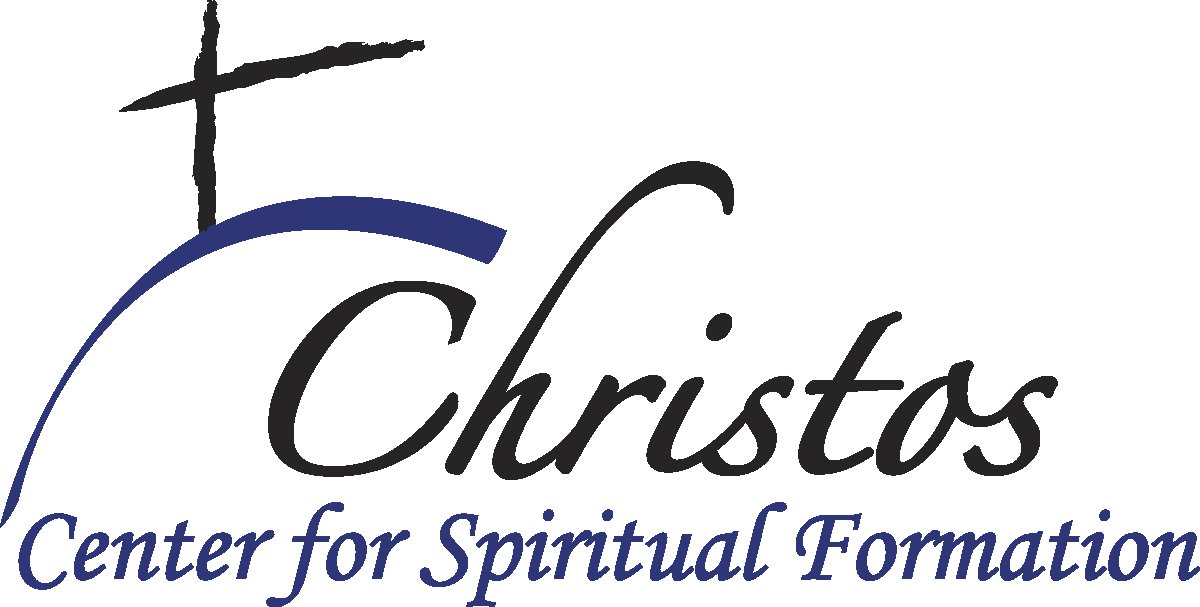Contemplative Prayer and the Gift of Silence
A conversation with Christos founder and author Joann Nesser
The beginning of our prayer journey is saying ‘yes’ to God’s love.”
What’s the beauty – the secret essence – of contemplative prayer?
We are a noisy world and busier than we’ve ever been, with so much input from media, billboards, the internet, you name it. Silence is when you have no distractions, where you meet yourself, your wounds, your prejudices, your hurts, and everything that stands in the way of your deepening relationship with God.
Most of the time in our American culture it’s about what we do: achievement and education and success, bigger, better, more. Even prayer. We take that into our spiritual life. Prayer becomes what I do, what I say, my prayer list, my agenda. But actually, it’s God we’re talking about. We come into this contemplative prayer time and spiritual life because God invites us, because the Spirit lives in us. God reaches out to us. Our role is that of a responder.
All of us have the Spirit of God in us but we don’t pay attention. But when you’re in silence, experiencing contemplative time and space, you just listen. Instead of telling God what to do, this prayer time is God’s agenda. What is God doing, saying or inviting? What are the things that keep me from being what I’m supposed to be? Who is the unique person God is inviting me to be? Those invitations can be heard when you stop talking and reading and doing, and instead experience a relationship with God in silence.
Why is silence so difficult for many people?
You want to run from it because all your hidden stuff is in there. But if you sit down, take a deep breath, center yourself, think of Christ’s Spirit in you and the Spirit of God in you, breathe into that deep place inside, you can let all your frustrations sit in that center place where the Spirit of God is.
It may seem like nothing is happening, but EVERYTHING is happening. Even if you don’t feel anything, if you walk away from there, you’ll be different.
And if you’re consistent with that practice, you will change. You will be transformed. You will be more healed of wounds and frustrations and forgiven for the things you’ve done. It changes your life. To me, Spiritual Direction is an extension of that deep contemplative prayer in that in helps another person come into that deep relationship with God. Trust that you are loved and forgiven and that you have a purpose, loved and beautiful and chosen.
What have you learned from your own experience that helps someone else understand contemplative prayer?
I would suggest that they have a consistent daily time set aside and prepare a place that’s your sacred spot. Mine was the corner of the dining room. Learn how to sit and be silent. Use something like Scripture or a poem as an anchor to start your prayer and then use your breath to quiet down inside. I used to tell people to imagine that Jesus is sitting inside of you, go sit down beside him and listen to what he’s got to say.
If your thoughts start to bother you, go back to your breath, breathe in and let that thought out. One analogy I like to think of is this: when you hear cars go by on the street, do you get up and run after every car? Think about your thoughts like that … they’re just thoughts that go through your head, and you don’t have to run after each one. Your spirit is deeper than that.
Throughout your spiritual life, keeping a journal is essential. It helps you write what you think God is doing, what you’re struggling with, how God is relating to that. When people say, ‘I have felt so far from God for so long!’ I tell them to look at their journal. So you look and yesterday you had this great thing happen and you didn’t connect it!
You can be intentional about your relationship with God walking to the mailbox, taking the dog for a walk. I live by a park, and I have put on miles walking in that park. That’s where much of my spiritual life has happened, just by walking.
More from Joann Nesser
“Prayer is a journey from self to God, from self-centeredness to God-centeredness. It is God’s desire for us to be whole and fulfilled and to be the one with the God Jesus pointed to as he was. John 17 tells us that Jesus prayed that we be one with him, God our heavenly parent and each other. The Holy Spirit is continually drawing us toward this union. The whole of our Christian life is a response to that loving invitation.” From Prayer: Journey from Self to God
“To live a life of contemplative prayer in society and family and help others experience the love relationship of God through prayer … that’s my personal mission statement and the whole vision behind Christos.”
“Our ideas about prayer have been so damaged by our rational way of thinking that sometimes I think it would be good if we had another word for prayer. As a starting place we could think of prayer as communication. Communication happens in any relationship, including our relationship with God. It happens at any and all times, not just in our set times of prayer, although this is where we give our total attention to communicating with God.” From Contemplative Prayer: Praying When the Well Runs Dry

